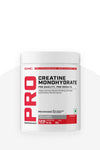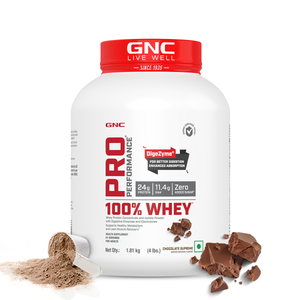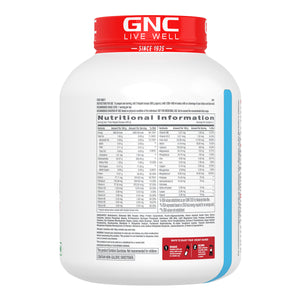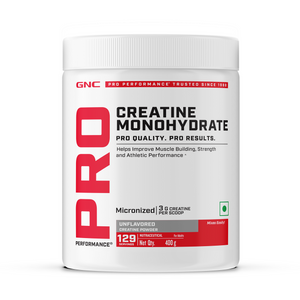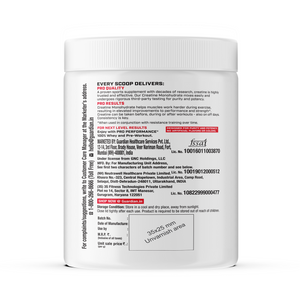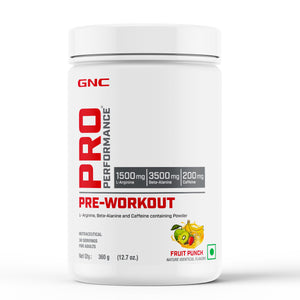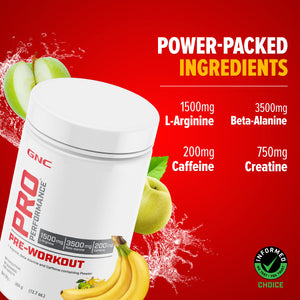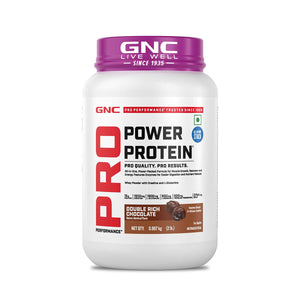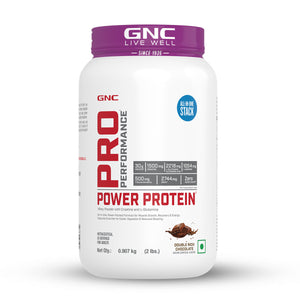

Despite this, fish continues to be a favorite food in a large part of the country. However, there has been a shift from local species to farmed fish with the growth of aquaculture, or fish farming. While you might think that farmed fish are safer and more nutritious than their free-foraging cousins, the truth is quite disappointing. Farmed fish not only have lower micronutrient content but are fed low-quality feed and a lot of antibiotics that also make them a storehouse of diseases. Studies have also recorded farm-raised fish to have significantly higher toxicity as compared to wild-caught fish of the same species.
While it is difficult to get good quality fish nowadays, you still need to meet your recommended daily amount of total EPA and DHA. A great way to obtain the benefits of fatty fish, even when you aren’t eating enough of it, is by taking fish oil supplements. Derived from tissues of fish, these supplements are the most convenient sources of omega-3 fatty acids in today’s time. They will provide you all the essential fatty acids and have positive effects on your general health and wellness as well as specific areas of the body such as heart, brain, muscles, joints, eye, and skin. However, it is important to learn where the fish are sourced from and how it is processed to produce fish oil.
Click here to get some of the best high-potency fish oil and omega-3 supplements derived from wild, deep ocean fish and purified through a several layer process.
If you’re a vegetarian and don’t want to get your omega-3s through fish, do not worry as we have a vegan version too!




